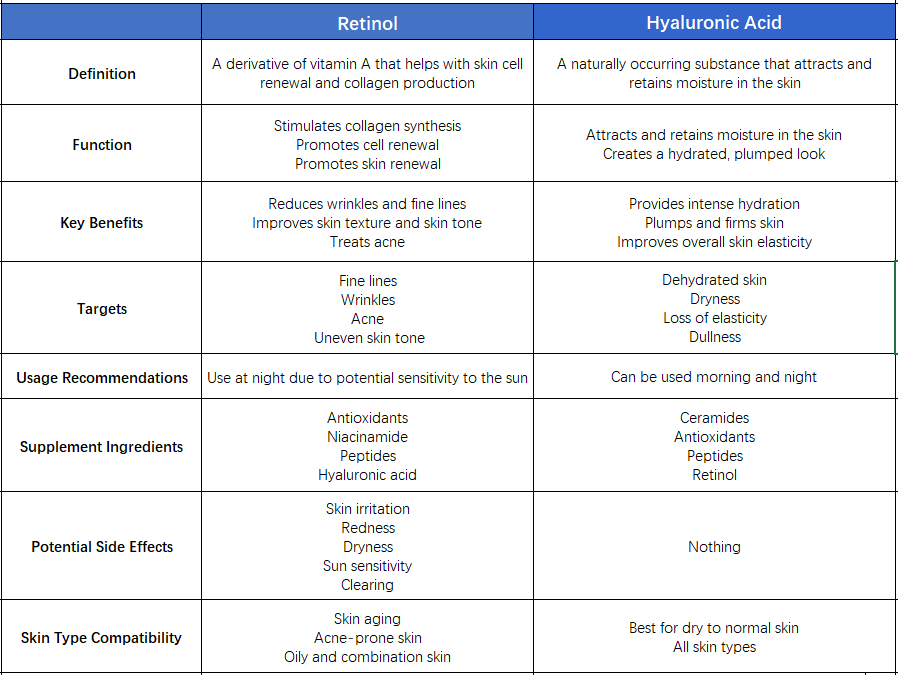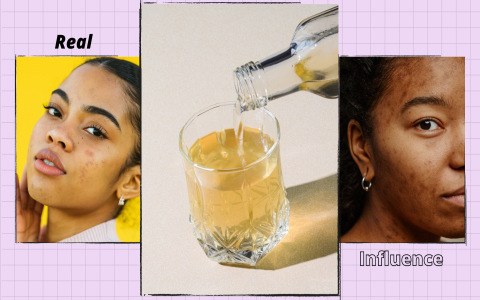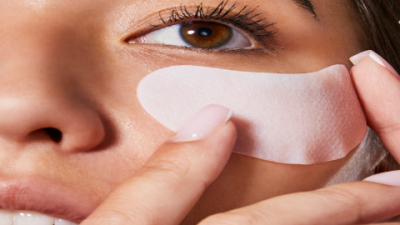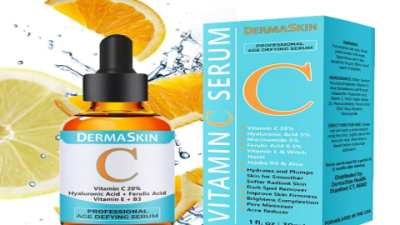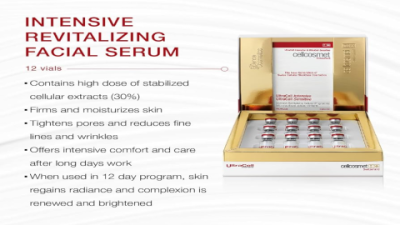I've spent years working with clients who come to me completely confused about whether they should be using hyaluronic acid or retinol. It's honestly one of the most common questions I get, and I totally understand the confusion. Both ingredients have such devoted followings that it can feel like you're choosing sides in some kind of skincare war.
Here's what I've learned from working with hundreds of different skin types: there's no universal winner. But there are definitely better choices depending on what your skin actually needs right now.
Let Me Break Down What Each One Actually Does
Hyaluronic acid gets a bad rap because of its scary name, but it's probably the gentlest thing you could put on your face. Think of it as a drink of water for your skin. This stuff can hold an incredible amount of moisture - we're talking about 1, times its own weight in water. When you put it on your face, you'll literally see your skin look plumper within minutes.
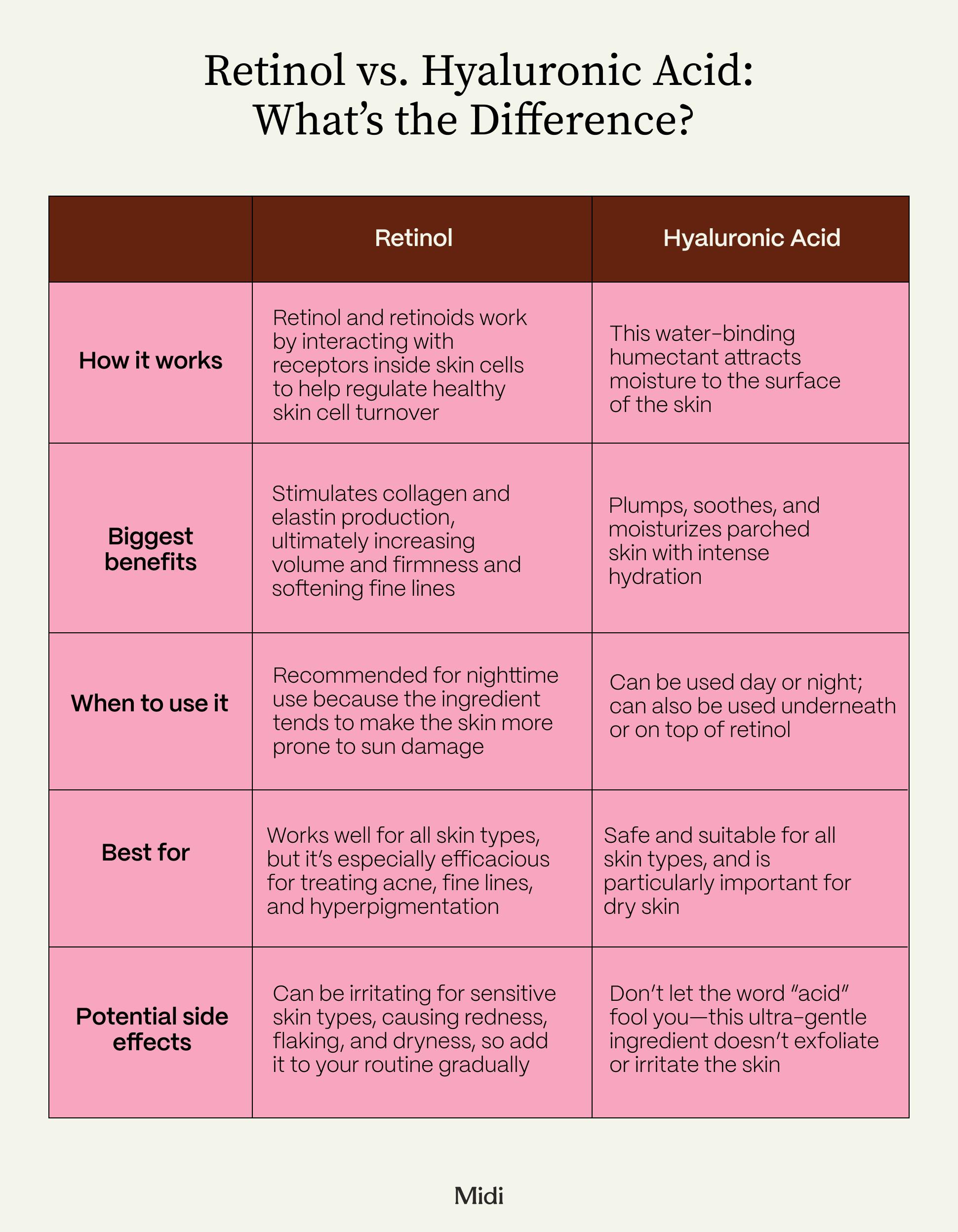
Retinol, on the other hand, is like hiring a renovation crew for your face. It's not going to give you instant results, but over time, it's rebuilding your skin from the ground up. It speeds up how quickly your skin cells turn over and tells your skin to make more collagen. The catch? You need patience, and your skin might not love you for the first few weeks.
The Reality Check: When Each One Actually Works Best
I've noticed that people with really dry skin almost always see better results with hyaluronic acid, at least initially. If your skin feels tight, looks dull, or your makeup sits weird on your face, you probably need hydration more than anything else. Hyaluronic acid is also amazing if you're just starting out with skincare because it's virtually impossible to mess up.
Retinol becomes the hero when you're dealing with signs of aging that won't budge with moisturizing alone. I'm talking about those fine lines that don't disappear when you're well-hydrated, rough texture, enlarged pores, or stubborn acne. But here's the thing - retinol demands commitment. You can't just try it for a week and expect miracles.
What I've Seen Work in Real Life
Some of my most successful clients actually use both, but not in the way you might think. They didn't start there, though. Most began with one and gradually added the other once they understood how their skin responded.
The people who see the most dramatic improvements often start with retinol in the evening, wait about minutes, then layer hyaluronic acid on top. This approach gives them the long-term benefits of retinol while keeping their skin comfortable and hydrated. The hyaluronic acid actually helps buffer some of the irritation that retinol can cause initially.
Age Makes a Difference Too
I've noticed some patterns over the years. Clients in their twenties usually get more excited about hyaluronic acid because they see immediate results and their skin typically doesn't need the heavier artillery yet. They're often dealing more with dehydration from lifestyle factors - long work hours, travel, stress, air conditioning.
Once people hit their thirties, they start getting serious about prevention, and that's when retinol becomes more appealing. By their forties, most of my clients want both because they're dealing with multiple concerns at once.
The Questions Everyone Asks
Will hyaluronic acid make my oily skin worse? This is probably the biggest misconception I encounter. Hyaluronic acid is water-based, not oil-based. I've seen it actually help oily skin because when your skin is properly hydrated, it doesn't feel like it needs to produce as much oil.
How long before I see results from retinol? This is where people get frustrated. You need at least 6- weeks of consistent use to see real changes. I always tell clients to take photos because the changes are gradual and you might not notice them day to day.
Can I use hyaluronic acid every day? Absolutely. I have clients who use it twice daily without any issues. It's one of the most compatible ingredients out there.
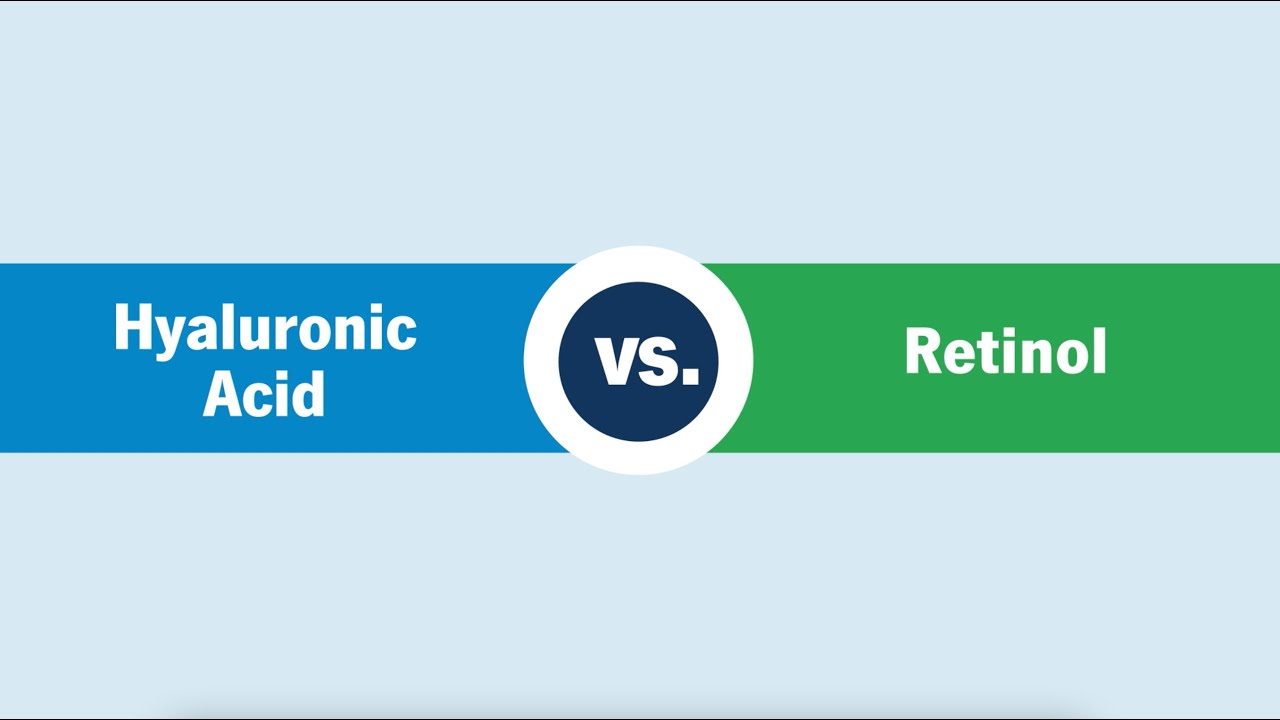
Is the irritation from retinol worth it? Not everyone experiences irritation, but if you do, it usually gets better as your skin adjusts. Starting slowly - maybe twice a week initially - makes a huge difference.
Climate and Lifestyle Matter More Than You Think
I've worked with people in different climates, and it really affects which ingredient works better. In humid places like Miami, hyaluronic acid is incredible because it pulls moisture from the air. In dry climates like Arizona, you might need both because the environment is constantly working against your skin's hydration levels.
Your daily routine matters too. If you're someone who travels a lot or works in an office with intense air conditioning, hyaluronic acid becomes essential. If you spend a lot of time outdoors or in polluted environments, retinol's protective and repairing benefits become more valuable.
Budget Reality Check
Let's be honest about cost. Hyaluronic acid gives you immediate satisfaction for your money. You use it once and see results. Retinol is more like a gym membership - you're investing in long-term results that take time to show up.
I've also noticed that people are more likely to stick with hyaluronic acid long-term because it makes them feel good immediately. With retinol, there's often a period where your skin looks worse before it looks better, which can be discouraging.
My Professional Take
After working in this field for years, I've stopped thinking about it as a competition. Your skin's needs change with seasons, stress levels, hormones, and age. What works perfectly for six months might stop working as well, and that's completely normal.
If I had to recommend just one to someone starting out, I'd probably go with hyaluronic acid. It builds confidence because you see immediate results, it's nearly impossible to use incorrectly, and it plays well with whatever else you want to add later.
But if someone came to me specifically concerned about aging, texture issues, or acne, I'd point them toward retinol while emphasizing the importance of patience and proper sun protection.
The truth is, the best ingredient is the one you'll actually use consistently. I've seen people with elaborate routines they hate more than people with simple routines they love. Your skin responds to consistency more than perfection.
Whether you choose hyaluronic acid, retinol, or eventually both, the key is understanding what your skin actually needs right now, not what worked for someone else or what's trending on social media. Pay attention to how your skin feels and looks, start with one thing, and build from there.
